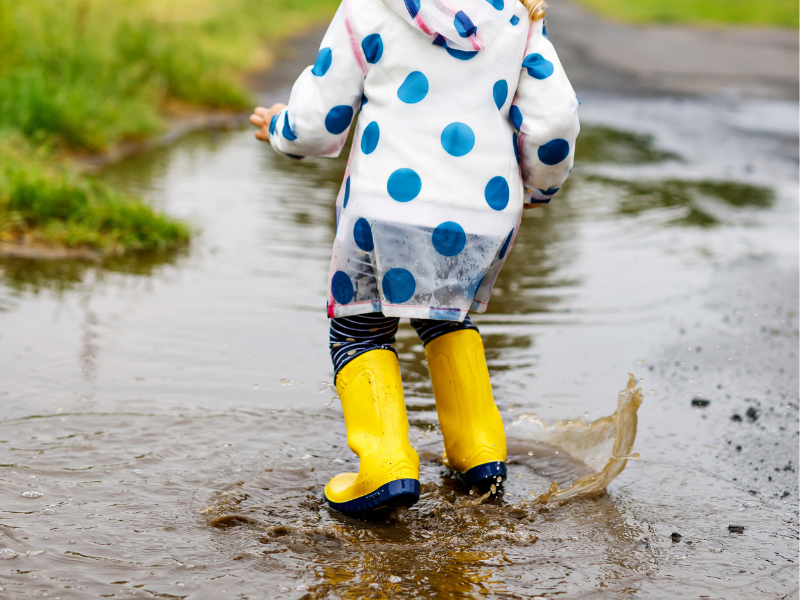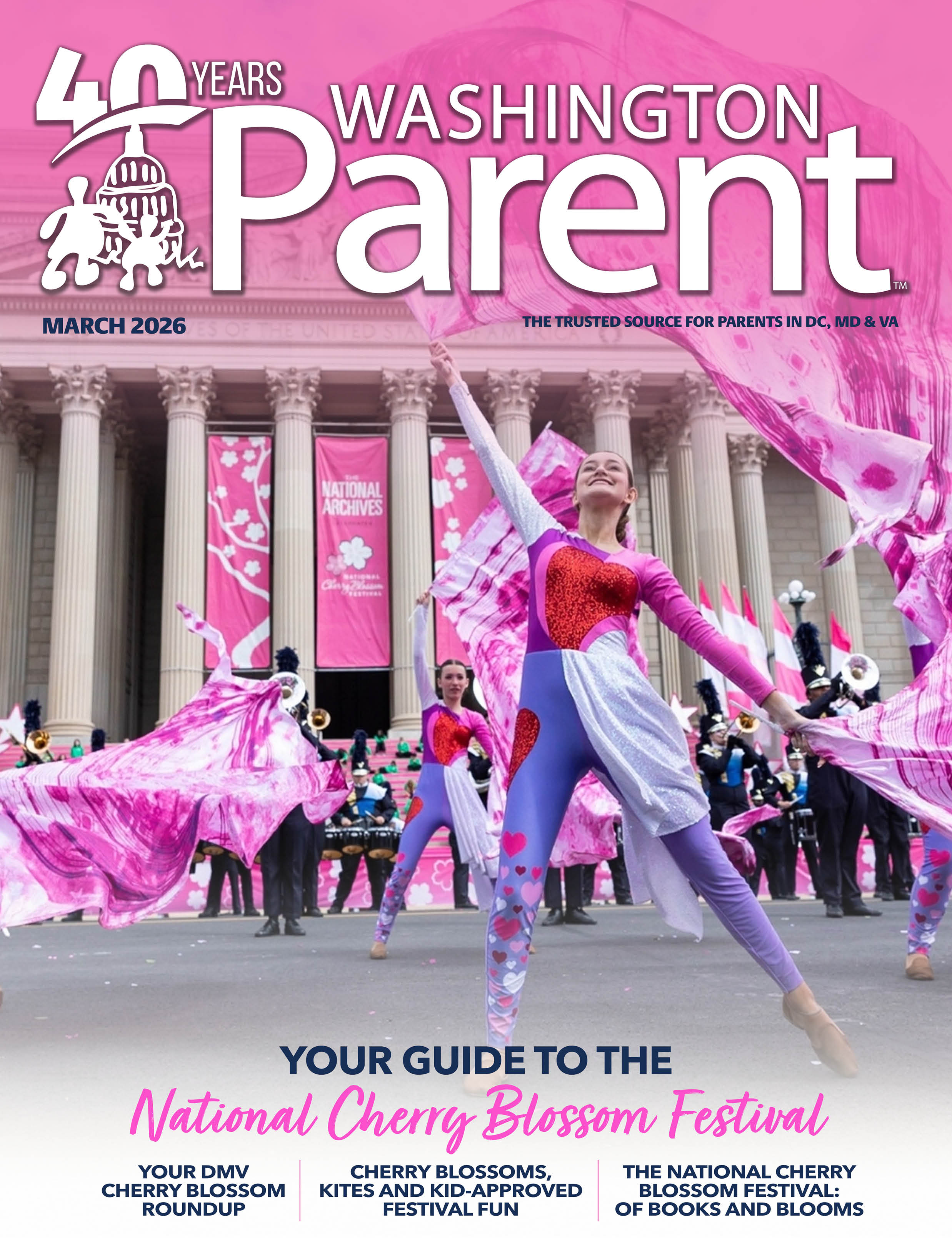A new study released today by Toxic-Free Future finds toxic chemicals in most products labeled stain- or water-resistant, with 72% testing positive for PFAS (per- and polyfluoroalkyl substances). Items that were found to contain “forever chemicals” include rain jackets, hiking pants, mattress pads, comforters, napkins, and tablecloths. The report, called Toxic Convenience: The hidden costs of forever chemicals in stain- and water-resistant products, also reveals that PFAS-free products are available in each of the three main product categories studied, proving that alternatives are in use.
The Study
The first-ever release of brand-specific information on the presence of PFAS in key home furnishings, the study analyzed a total of 60 products purchased from 10 major retailers. Out of 47 products marketed as stain- or water-resistant, the majority (72%) contained PFAS. Conversely, all products tested that were not marketed as stain- or water-resistant were found to be PFAS-free.
“Our testing finds continued, unnecessary use of the toxic chemicals known as PFAS in outdoor clothing and home furnishings like bedding and tablecloths,” said Erika Schreder, study author and science director for Toxic-Free Future. “When companies use PFAS to make products stain- or water-resistant, they are using chemicals that contaminate homes, drinking water, and breast milk with highly persistent chemicals that can cause cancer and harm the immune system.”
More information on the study Toxic Convenience: The hidden costs of forever chemicals in stain- and water-resistant products can be found at: https://toxicfreefuture.org/pfas-in-stain-water-resistant-products-study
The Products
Products were grouped into three categories: outdoor gear, bedding, and tablecloths/napkins, with 20 items in each product category. The analysis focused on commonly used product categories and found PFAS-containing items in each of the three groups.
“Rain jackets shouldn’t cause cancer—but for some of us, that just might be the case,” said Emily Donovan, co-founder of Clean Cape Fear. “These companies sold a convenience product to consumers without fully disclosing the toxic trade-off. In my region of North Carolina, our drinking water has been severely contaminated from the manufacture of PFAS chemicals. No one’s drinking water should be contaminated for a rain jacket.”
The study also reveals that manufacturers have been using a mixture of PFAS, including compounds currently banned in other countries. Testing found both older PFAS, already banned in the European Union and phased out by major U.S. manufacturers, as well as newer PFAS. Although the newer PFAS compounds are commonly believed to be the most in use, 74% of items with PFAS tested positive for the older PFAS.
The Impact
“PFAS contamination of the Arctic poses a particular threat to the health of Indigenous peoples who are reliant on traditional foods as essential to their physical, spiritual, and cultural sustenance,” said Pamela Miller, executive director of Alaska Community Action on Toxics and co-chair of the International Pollutants Elimination Network (IPEN). “It is time to stop this terrible injustice, hold manufacturers accountable, and urgently establish national and international bans for the entire class of PFAS.”
The study found items in each category that were marketed as stain- and/or water-resistant yet appeared to be free of PFAS. “Some companies are using PFAS-free alternatives, but until regulations ban PFAS in products, these dangerous chemicals will continue to be used in our raincoats and bedding,” said Laurie Valeriano, executive director of Toxic-Free Future. “We need urgent action at the state and federal levels to solve the PFAS crisis, including by quickly stopping its use in products we wear and use in our homes.”
Here are five actions you can take to protect your family from PFAS in apparel and home furnishings:
- Call on your favorite retailers to “mind the store.” When retailers like REI continue to sell PFAS-containing products, they contribute to the contamination of our communities and drinking water. Take action today and sign our petition to REI at MindTheStore.org.
- Contact your elected officials. Write to your state and federal representatives and let them know you would like them to ban PFAS in apparel and other products in your home.
- Avoid buying apparel and home furnishings that advertise stain resistance. Our tests found that many items marketed as stain-resistant, from apparel to bedding, tablecloths, and napkins, are treated with PFAS. Instead, choose items that are washable. Buyer beware: third-party standards like OEKO-TEX®, bluesign®, and ZDHC don’t currently restrict the entire PFAS class, so you can’t rely on these standards when shopping for PFAS-free.
- If you need apparel or home furnishings that are waterproof or water-resistant, find items that are PFAS-free. We found rain jackets and mattress pads that are marketed as water-resistant or waterproof yet did not appear to contain PFAS. Contact companies and search for items listed as PFAS-free to ensure they are free of the entire class of compounds. Avoid items with labeling such as “PFOA-free” that indicates it is free of some but not all PFAS.
- Get engaged for change. Sign up for our email list at ToxicFreeFuture.org and follow us on Instagram, Facebook, and Twitter for opportunities to move company and public policies towards a toxic-free future.
Related
Toxic Free Future’s Fight to End Forever Chemicals
Lung Cancer Prevention for the Whole Family
Simone Biles and Mental Health Challenges



